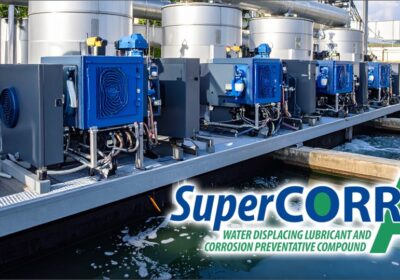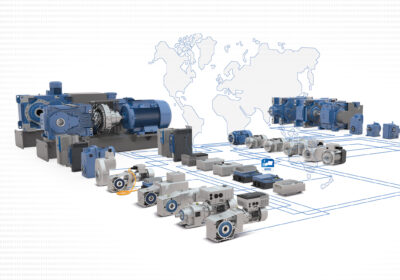When your business is making investments in delivering your customers the best products, strategies, and services, there are plenty of factors to manage to keep the business profitable. One that may not get the attention it needs is hygiene practices, which can have a huge impact on internal and external perceptions.
Electrix, a supplier of electrical junction boxes for many industries, has provided important examples of how poor hygiene can affect your business and how best to manage it to keep your processes and output efficient.
Financial impact
Estimates from the US Department of Agriculture (USDA) show that foodborne illnesses can cost the United States more than $15.6 billion annually, and this can stem from a number of different places within industries. They’re possibly the most observable with direct consequences.
Poor hygiene can result in higher operational costs, fines, and even legal action against your business. Health inspectors can not only issue fines but can even implement temporary closures or recommend renovations that can be hugely expensive.
It can also affect your workforce, with employees being forced to be absent from work due to ill hygiene, directly affecting their wellness. This has a huge impact on the productivity and performance of your business, as the costs associated with workforces taking sick days can be huge.
Reputation damage
One aspect of a business that can be of huge value is the reputation it has in its market. Having a poor image can influence customer trust and loyalty associated with your company’s brand, and poor hygiene can be hugely detrimental to your reputation.
Online news is now intertwined with our daily lives, with many customers looking to online social feeds to make informed decisions, often using online reviews to help them. If a previous customer experiences a poor hygiene incident, that can lead to negative reviews, which can deter prospective new customers or those looking to return.
It can take years to recover your company’s image, but many customers may never be able to find that trust in businesses again. Prioritizing cleanliness can have a massive effect on the customer journey, leading them to feel safer and more comfortable in their environments and encouraging loyalty in their buying habits.
Employee well-being
According to the Bureau of Labor Statistics, Americans spend as much as 44.5 hours a week working. When hygiene practices aren’t kept, working environments can become unsanitary, which can greatly affect morale among your employees.
Keeping morale strong within every area of your business is crucial to your overall success, which is why unsanitary working conditions should be a huge concern. If your employees either feel unsafe or like an afterthought when it comes to cleanliness, it can lead to increased stress and dissatisfaction. It might even extend to them feeling unsafe at work, which may cause them to feel unable to work to their fullest ability or even lead to a high turnover of people in the business.
When your employees are engaged and happy, they’re more productive and motivated, which builds a positive working culture. It also means that they’ll be more engaged as a result.

Hygiene as a competitive advantage
A huge consideration is not just the negative effects of poor hygiene but the positives of a high standard. Businesses that put their hygiene at the center of their mission can help to distinguish themselves within their industry.
A great example is hospitality, as hotels, bars, and restaurants with exceptional cleanliness are more likely to receive better ratings and reviews from customers than others, which can convert into loyalty and returning ones. Cleaner spaces make the atmosphere more positive, translating into being more attractive to customers to spend their hard-earned money and time with those establishments.
Another industry that relies on hygiene is healthcare, where cleaner environments are not only expected but can be hugely impactful on the health of patients and workers alike. However, they can still go beyond expectations in terms of hygiene standards, so families can trust healthcare facilities with their loved ones when they’re required to visit and stay.
It is essential for businesses to recognize the value of cleanliness and invest in maintaining a high standard of hygiene. By doing so, they can not only avoid costly consequences but also gain a competitive advantage in an environment where customers and employees increasingly prioritize health and safety.






